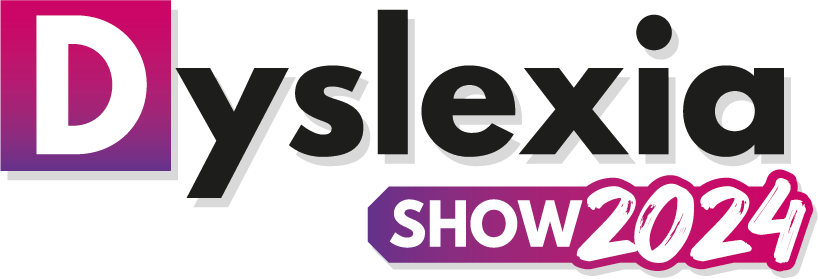Dyslexia is not a barrier to success…
There are many myths about dyslexia that abound but the facts are that it is genetic and it affects around 10% of the population. That could be 3 or 4 in each class.
The Rose Review definition of dyslexia (2009) is the most accepted definition: “Dyslexia is a learning difficulty that primarily affects the skills involved in accurate and fluent word reading and spelling. Characteristic features of dyslexia are difficulties in phonological awareness, verbal memory and verbal processing speed.
Dyslexia occurs across the range of intellectual abilities. It is best thought of as a continuum, not a distinct category, and there are no clear cut-off points.
Co-occurring difficulties may be seen in aspects of language, motor co-ordination, mental calculation, concentration and personal organisation, but these are not, by themselves, markers of dyslexia.” (Rose Report, p. 10)
There is no ‘one size fits all’ for dyslexic children and everyone has a different profile. Many children as early as those starting nursery, already exhibit dyslexic traits which should be identified as quickly as possible, that appropriate action can be taken. Early intervention is always seen as the best way of ensuring that the dyslexic child reaches their potential.
Areas to look for are things like:
• A difficulty reaching developmental milestones such as walking, using a knife and fork
• A family history of literacy difficulties
• Articulate but verbal ability doesn’t match up to written skills
• Difficulty concentrating
• Not being able to follow verbal instructions
• Difficulty colouring within the lines
• Unable to pick up nursery rhymes
• Difficulty clapping or beating a simple rhythm in time
• Problems with learning the alphabet, sequencing the days of the week, months of the year
Some reversal difficulties such as muddling b’s and d’s can be developmental, so don’t jump to conclusions, but gather together evidence from observation to pass onto the appropriate person.
Formal assessment of a child doesn’t normally take place until around 7/8 years of age but support can be put in place earlier.
Dyslexia is not a barrier to success and many children with dyslexia have enormous strengths as well as challenges and with the right support will succeed.
Many dyslexic individuals are never identified or are not identified until they go to University where they can obtain Disabled Students Allowance to support their studies. For those in work, Access to Work can support with technology and coaching to enable someone to reach their potential in employment.

